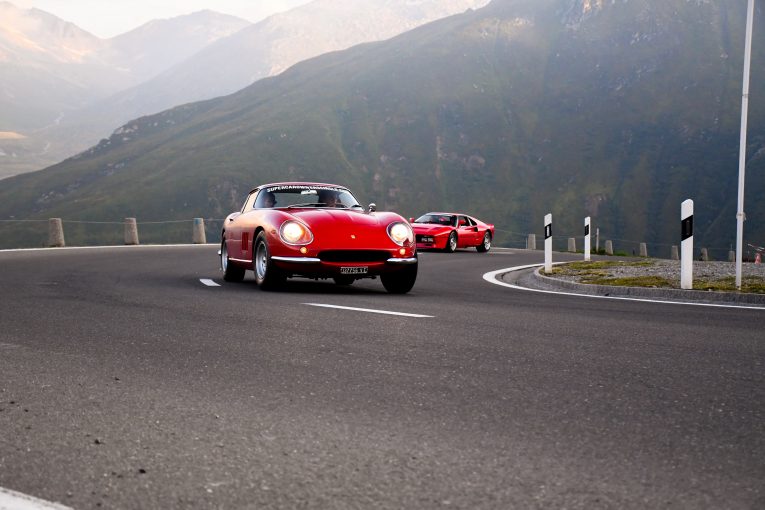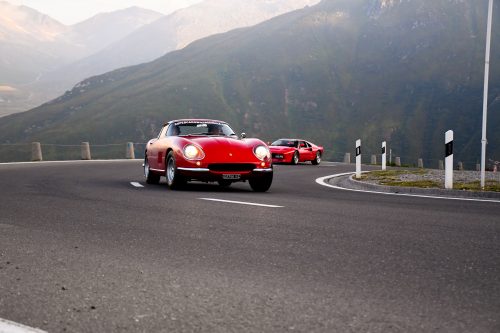

By Praniti Gulyani
Lately, I find myself unusually interested in the price of cars.
This recently developed penchant for the world of wheels is, for the lack of a better word, uncalled for…I have never been drawn towards cars and wheels, and, at most, have looked at them as machines that get me from one place to the other. Their relevance in my life has been almost negligible, and the only thing that concerns me when it comes to cars is how well-fastened their wheels are.
In India—the place that I call home, cars have immense significance. Ranging from a symbol of prestige and societal standing, they are an important gift-giving icon and are used for multifaceted purposes. In addition to making a perfect coming of age present for a young boy, cars are an integral part of wedding celebrations.
It is almost customary to send the newly-married couple off in an extravagant car that is often gifted by the family of the bride. Even though an ordinary car might have served the purpose, the benevolent parents ensure that they invest in a vehicle of luxury.
As a passive witness, I have often observed the caution with which the car is chosen, and the numerous phone calls that have been made to the groom’s household to reconfirm the decided specifications.
It was almost as though by giving the groom’s family an extravagant car, the bride’s family was guaranteeing something, ensuring something—something that I could not quite put my finger on.
Therefore, my train of thoughts executes a slight detour, and in addition to cars—I find myself thinking about a girl.
It is unusual for me to be thinking so deeply about someone I do not know. All I know about this girl is her questionably accurate name that I got off a newspaper report. As I visualize her, I realize that she might not be too different from me. We seem to be about the same age, only that I am married to my education, and she is wedded to a man.
Intrigued by Indian festivities despite growing up amidst them, I think about her wedding. Clad in deep red, she must have glowed with excitement, standing on the balcony of her house—as the procession arrived. She must have been surrounded by teasing friends, who would repeat her husband’s name, just to make her blush. Deeply conscious of her evolving womanhood, she must have averted her gaze.
My thoughts move to her parents. The sight of their daughter all grown up and ready to wed another man must make them teary eyed. However, in addition to their emotions, I know that they must have felt an extraordinary surge of paralyzing anxiety that appears before me in uncertain rhetoric.
Were the decorations they had chosen with such pride and care in perfect position? Were the gifts and the trousseau that they had put together for their daughter freshly wrapped and ready to go with her? Were the food and drinks overflowing with flavor, and catered to the preferences of each member that belonged to the groom’s family?
Above everything else, was the coveted car in place?
Of course it was. The well-being of the car was non-negotiable. Their daughter was going to her new home with her new husband. To go to her new home with her new husband, she needed a new car.
Judging by the uncertainty of the automobile industry, I cannot help but wonder—what if the car was not in place? What if the specifications were not available, and what if the delivery date was slightly delayed? Worse still, what if the car was too expensive and could not be bought at all?
I think of her father staring into the bathroom mirror mocked by the hollowness of his reflection. She has an older sister somewhere—a woman with a face of rock. A rock on fire, I’d say—spluttering with flames of flamboyant makeup that splurt from specific positions on her cheekbones.
Her mother must be in the corner of the room picking at a loose thread in her dress and reminiscing about the things that might happen to her daughter if she goes to her new home without a car.
Recognizing the need to hold themselves together on their daughter’s special day, the family would go down and initiate the festivities. They would execute their parental duties with demonstrations of commendable normalcy, and bid their daughter goodbye with prayers on their lips.
They would dig into their conscience, and remind themselves how the alliance was chosen by a family friend who only meant well for them. Their daughter would make a good wife, they had taught her well and, in all honesty, that was all that actually mattered.
A week later, they would sit down together with cups of tea in their hand. They would point out how they have not heard from their daughter yet, and that possibly means that everything is all right.
When mentions of a visit are brought up, they would dismiss it with a grievous sigh, emphasizing on how they do not want to intrude. They would talk about the freshness of a new household, and how, like a newly-baked delicacy, it needs time to settle.
Leaning on the shoulder of this analogy, they will also emphasize how parental visits might be viewed as unwelcome breaths of outside air that end up spoiling the dough.
A few days later, their phone will ring. It is their eldest daughter. After hearing what she has to say, the mother will drop whatever she is holding. She will fall to the ground, and stare at the ceiling in a state of partial consciousness.
The father will hurl his hands into the air and blurt out several expletives. He will admit that even though the price of the car was way beyond his budget, he should have made it possible.
It is in their reactions that I find the answer to my persisting question. In addition to being a wedding gift, the car was a way for the parents to ensure their daughter’s life; in exchange for the car they could not provide, the life that had just been taken.




